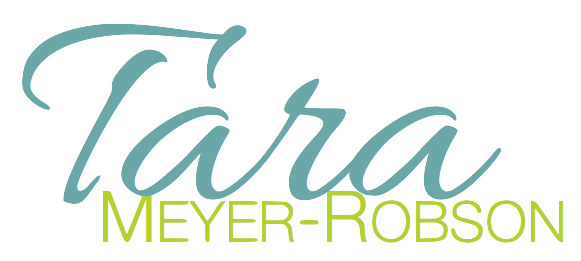
6 Things Non-Empaths Say that Drive Empaths CRAZY!
In this short video, I cover 6 things that non-Empaths say that drive Empaths crazy (and make us feel like we are from a different planet!). Do you have others? What have you heard from non-Empaths that have made you feel like you are totally misunderstood? Comment below!

7 Signs that You are an Empath: Common Empath Traits and How They Manifest
It took me a long time to figure out that I'm an Empath. I'd like to save you some of the pain and exhaustion I went through!
How do you know for sure you are an Empath? Here are 7 Empath traits:

A Simple Survival Guide for Empaths: 5 Strategies to Put in Place Now (Your Wellbeing Depends on it)
As an Empath, you absorb more of the world's erratic emotions and dysfunctional energy than other people. While this can be useful—for instance, you are a terrific healer because of this—it’s also extraordinarily draining. If you don't have some fail-safes in place to make sure that you stay energetically healthy, you can easily get overwhelmed and be unable to function. Worst case, you can get quite physically sick.
Let's not have that happen, okay? Here are a few survival techniques for Empaths, so you can stay healthy and do all that good you want to do:

Why Drama Drains You—and How to Deal with the Drama-Makers in Your Life (and Maybe Even Come Out Empowered)
I hate drama.
Hate it.
I realize that’s a pretty strong statement, but it’s true. I don’t play games and never have. I don’t understand the sick pleasure someone gets from pulling some sort of power play on another human being. And I really don’t understand the need to make someone else feel worse in order for you to feel better.
None of it’s fun to me in any way. In fact, I find it pointless and exhausting.
